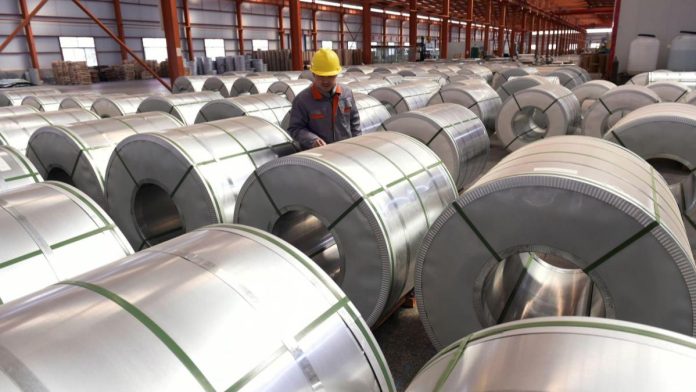Citing the rising import dependence to meet domestic consumption, the domestic aluminium industry has sought policy steps to “safeguard” the domestic market and create a conducive situation for fresh investments.
Over 55% of the domestic consumption was met via imports in FY24, while domestic capacity creation is at a low ebb.
Industry bodies namely the Aluminium Association of India (AAI) and the Federation of Indian Mineral Industries (FIMI) have recommended protective import tariffs and rationalision of the duty structure on critical raw materials in their pre-Budget notes sent to the financial ministry.
Also Read Expansion of EV Charging Infrastructure in Tier 2 and 3 Cities in India Asean FTA review: India to seek interim relief from import surge India mulls these import restrictions on laptops, tablets, PCs starting in 2025 to boost local manufacturing India may relax spending limits to meet FY25 capex target: Report
Aluminium is crucial in defence production, infrastructure, electric vehicles (EVs), and renewable energy (RE) sectors. However, the domestic market has come under strain from an influx of low-quality aluminium scrap and surplus primary aluminium imports, primarily from China, which threaten local production and investment viability, the industry bodies contend.
AAI has recommended increaseg in import duties on primary and downstream aluminium products from 7.5% to 10% and a uniform duty of 7.5% on aluminium scrap to curb the inflow of substandard scrap, boost domestic recycling, and protect local producers.
FIMI proposed a hike in primary and downstream aluminium duties to 12.5% while aligning scrap duties to at least 7.5%.
Major producers of aluminium in the country include Vedanta, Hindalco, Jindal Aluminium and public-sector Nalco.
Sumit Jhunjhunwala, assistant vice president at ICRA noted, “Global aluminium consumption is expected to grow at a subdued pace of 2% in CY2024, reflecting significant weakness in the European and North American markets. In this challenging external environment, the health of the domestic aluminium industry in FY25 and FY26 will largely depend on the growth of infrastructure investments, its primary end-use sector.”
He said any budgetary measures aimed at boosting demand for greener technologies, such as EVs and RE sectors, would positively impact aluminium demand. “Additionally, increased budgetary allocations to enhance logistics infrastructure in mineral-rich regions could help address bottlenecks in raw material transportation,
» Read More


